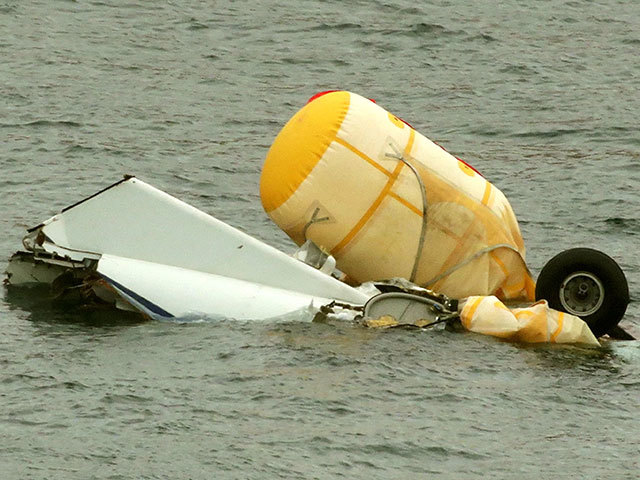
MPs held a private meeting with six survivors from last year’s Super Puma crash off Shetland.
At the event on April 10, they told the transport select committee about the dramatic ditching and their involvement in the subsequent investigation.
The MPs’ report shows that the survivors said onboard safety equipment was “poorly maintained”, and in some cases the survival suits were a “danger to life” when they filled with water.
One worker who was sitting next to the helicopter exit said he had to punch it repeatedly to get out because the opening tab “disintegrated”.
The report also said the survivors were “angry” when they found out a safety video had incorrectly told them they had to breathe into a bag before using the emergency breathing system.
Many had not operated the system when they crashed because they did not have time to breathe into the bag.
Survivors reported feeling “left in the dark” by the Air Accidents Investigation Branch (AAIB), and were “distressed” that they had to read the findings of the probe in the media before being officially informed.
Most of the attendees spoke of “ongoing psychological trauma and episodes of depression”. In March, a fatal accident inquiry into the earlier Super Puma helicopter crash which killed 16 men in 2009 found that it might have been avoided.
The sheriff said it was “possible” the accident could have been prevented had it not been for failures on the part of Bond to follow correct procedures and communicate fully with manufacturer Eurocopter.
After 20 days of evidence, spread across six weeks, Sheriff Principal Derek Pyle agreed with the AAIB’s finding that a “catastrophic” failure of the main rotor gearbox caused the helicopter to crash about 13 miles off Peterhead.
But he also said Bond’s failure to detect a significant fault in the gearbox “possibly” resulted in the crash.
Recommended for you

